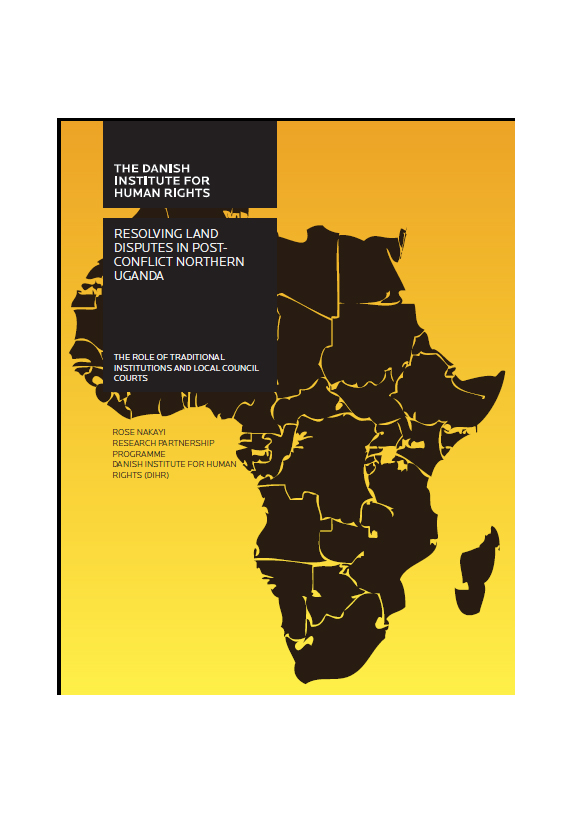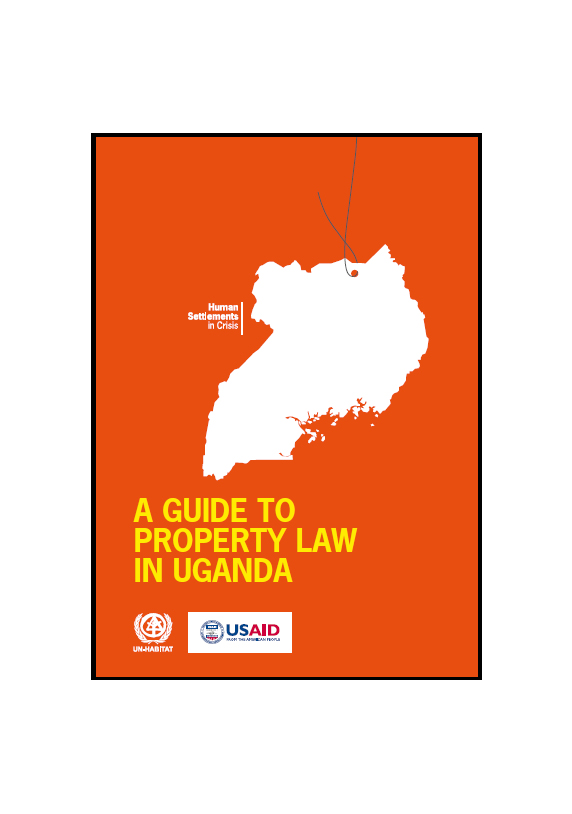Land reform, security of tenure and environmental conservation in Nigeria
This paper is a review of the Land Use Act of 1978 with a view to examining the implications of the Act for security of tenure and environmental conservation. The review indicates that while the inalienation of rights of use and ownership of land under the communal or group ownership tenure system limited access to land and security of tenure, it encouraged the protection and conservation of land resources and the physical environment.






